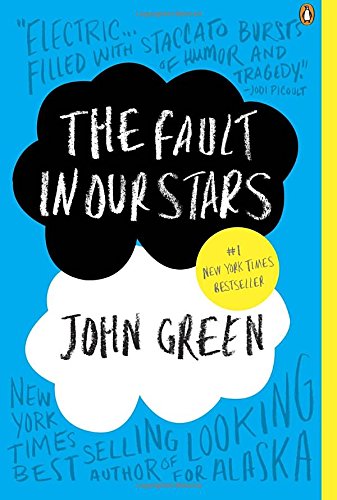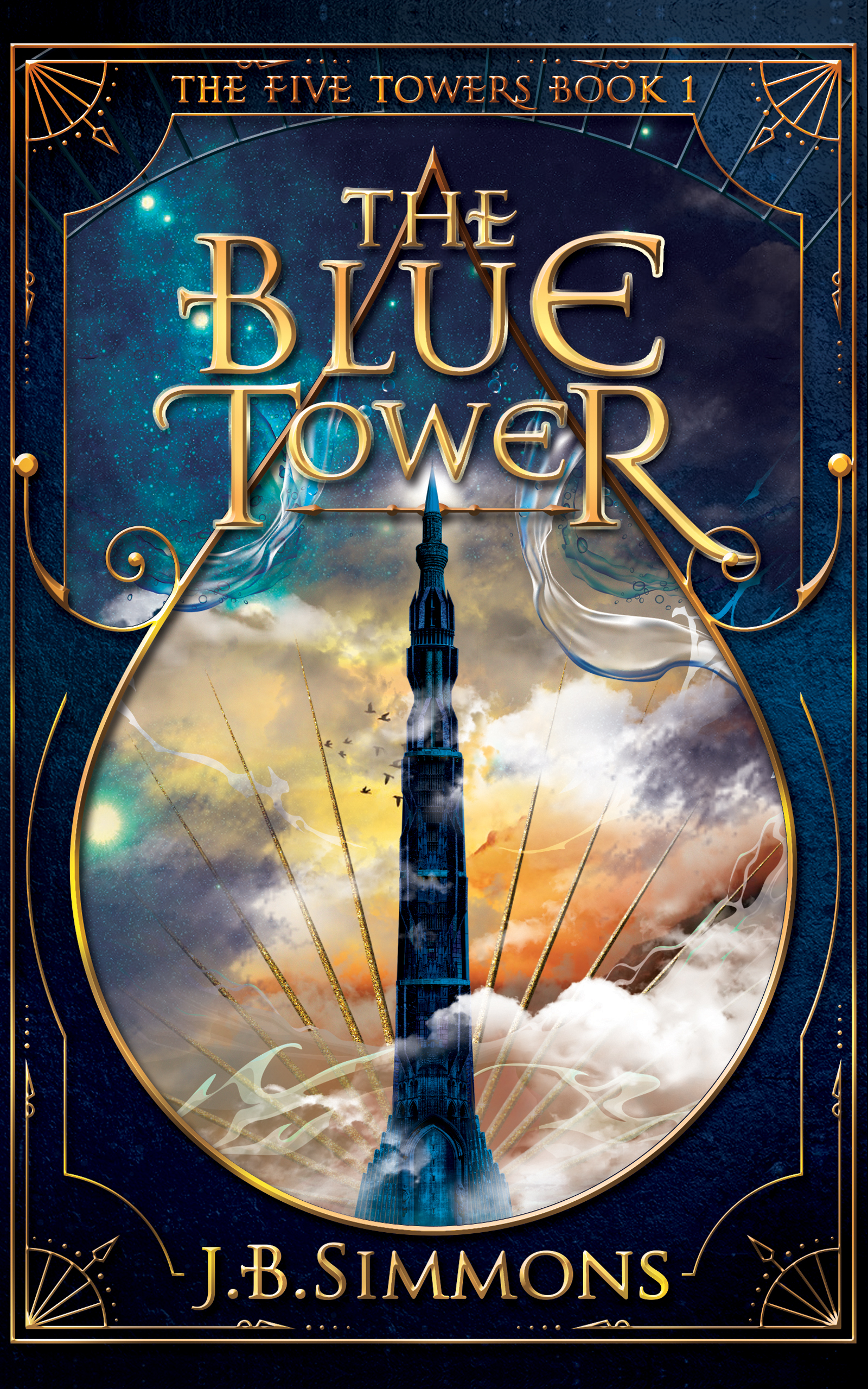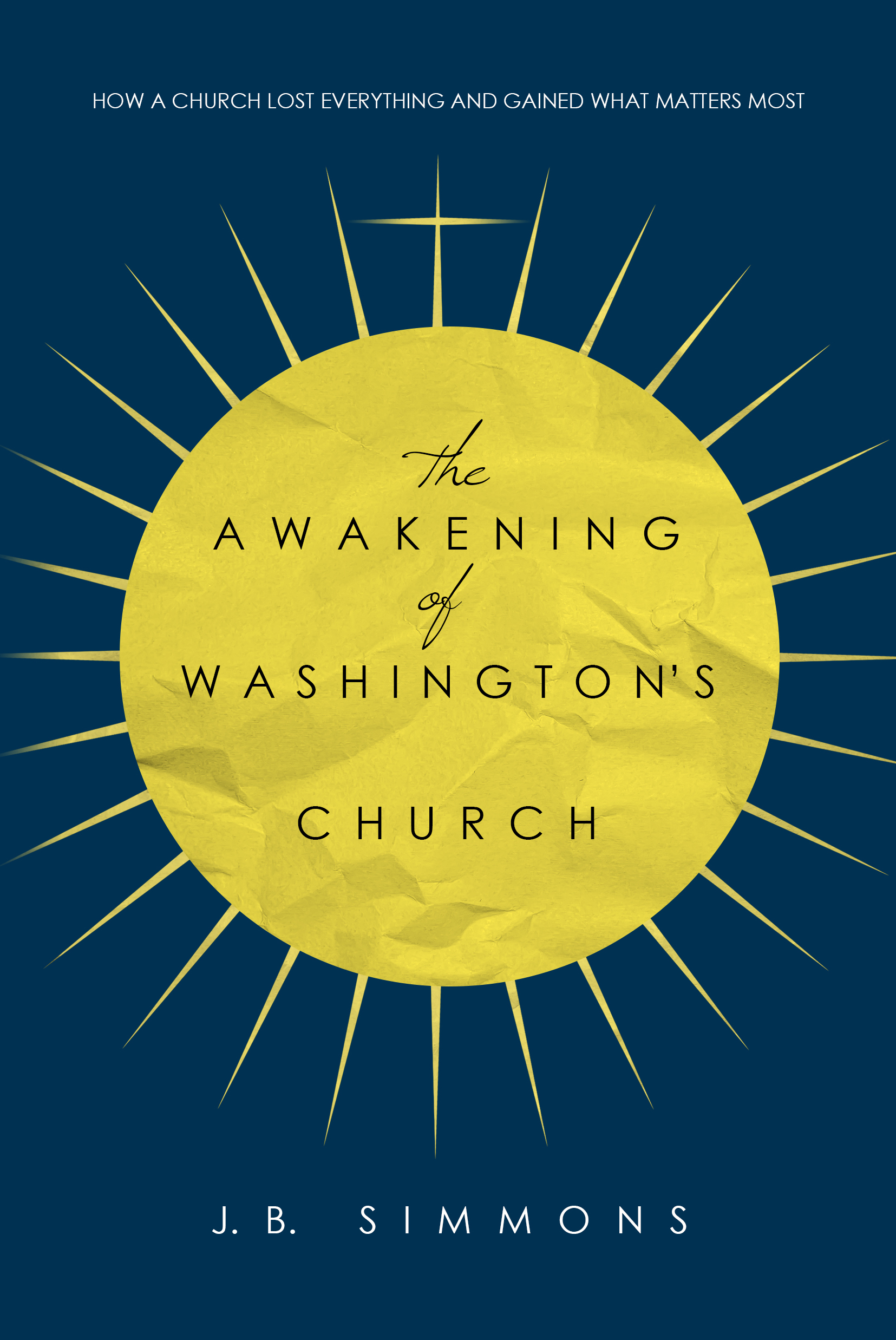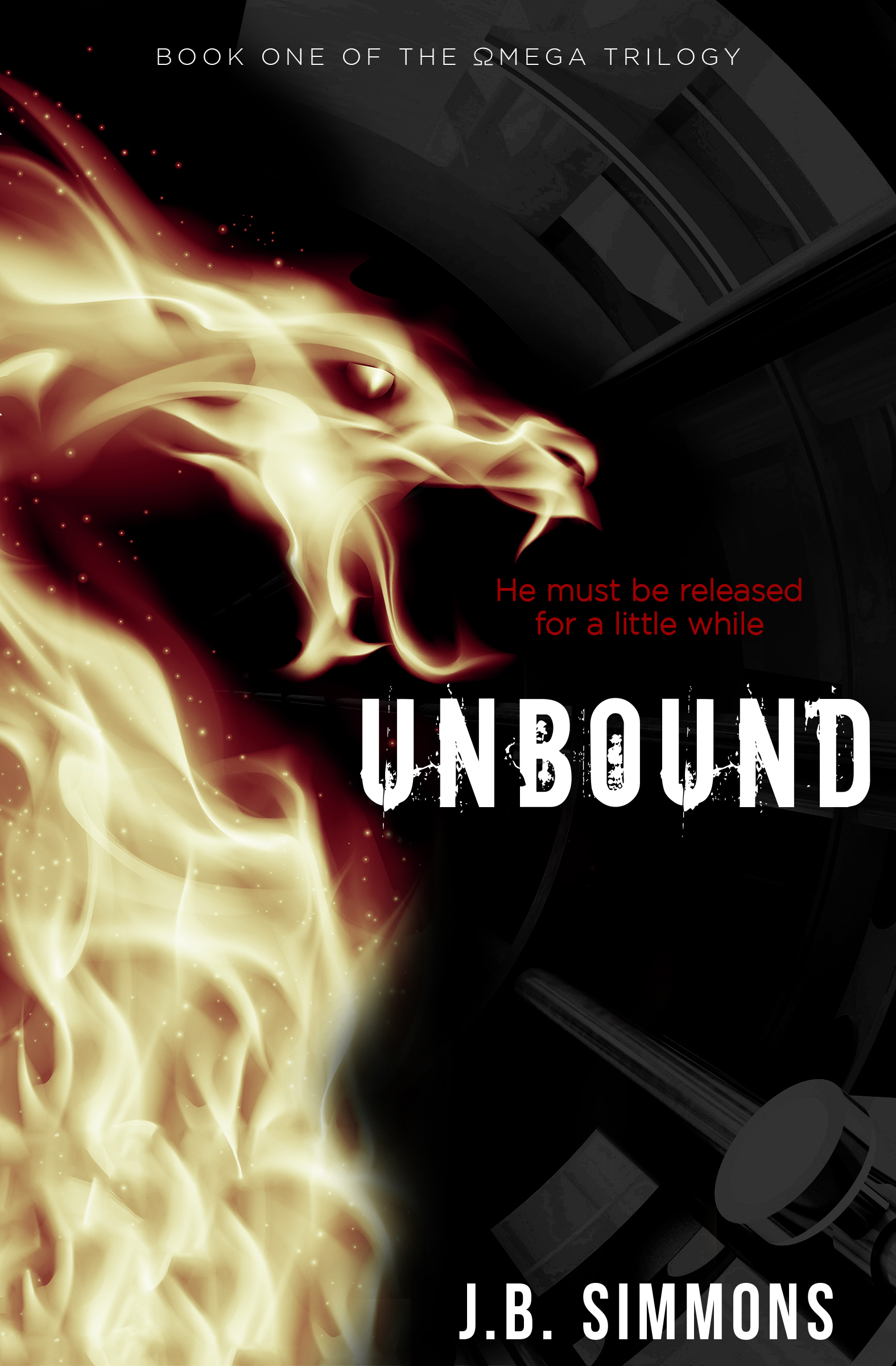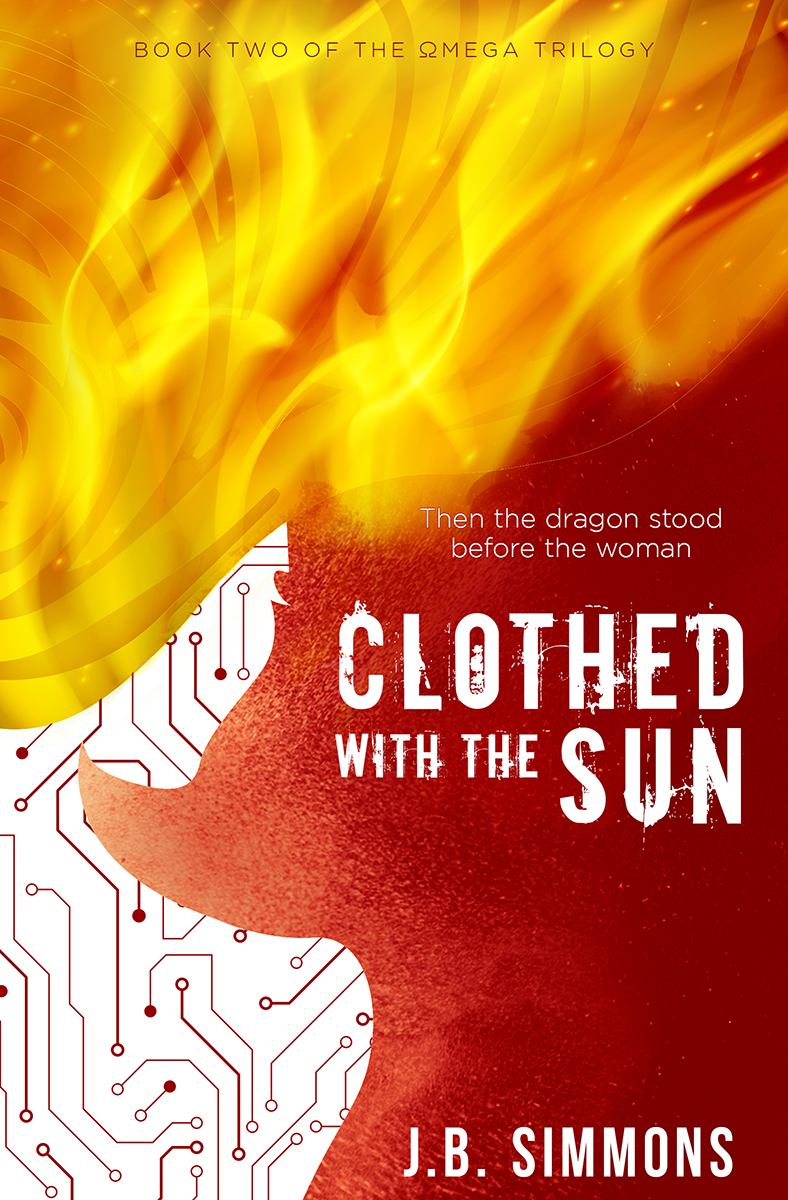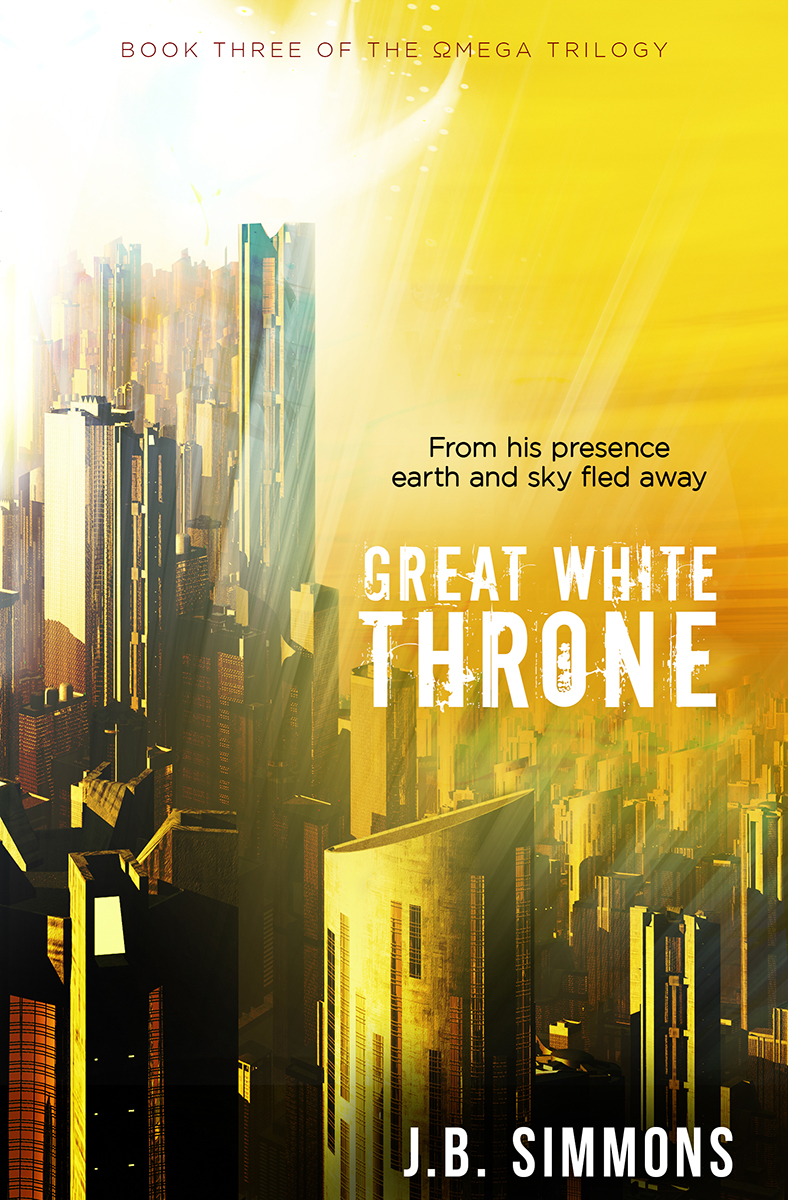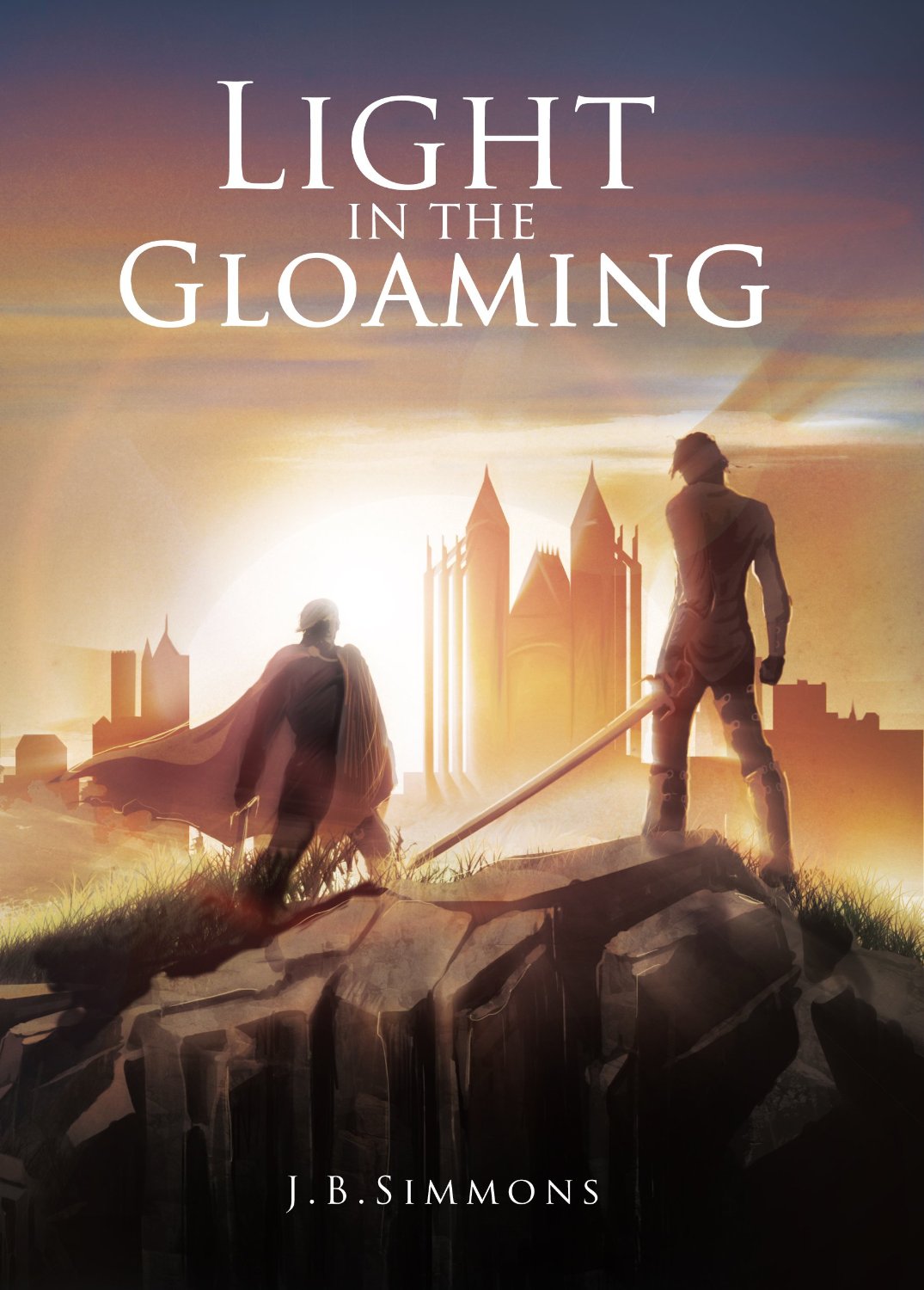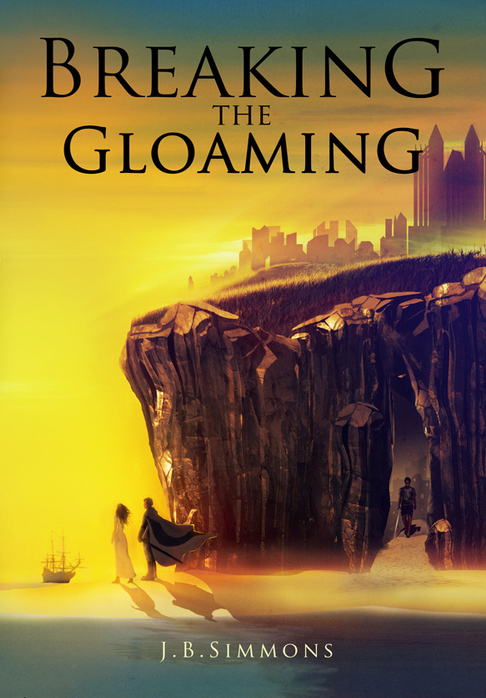Against the Cynics, the Nihilists, and the Spirit of this Age: Jordan Peterson versus The Fault In Our Stars
/Jordan Peterson’s 12 Rules for Life is selling like the Gospel. And maybe that’s because it has Good News in it. The news is this: even when others face suffering with nihilistic cynicism (like in the wildly successful YA novel, The Fault In Our Stars), Peterson tells us we can stare cynicism in the face and punch it in the nose. In the fight against cynicism, Peterson wins and so do we. Here’s why this is so important.
The Fault In Our Stars
In 2012 this YA novel hit #1 on every bestseller list. It was made into a successful movie. It tapped a cultural nerve. How did a book about two teenagers do that?
For starters, I slow clap for John Green, because the writing is amazing. It captures the teen voice magnificently, with all its humor and irreverence. The book also tackles the hardest of topics: death. The two romantically inclined protagonists, Hazel and Augustus, have cancer. Very bad cancer, of varieties that not everyone survives in the end. And what do these teens make of such suffering? And why did their take engender such success?
The answer fills with me with despair. This book reflects what so many of us are tempted to feel: that there is nihilism in the core of existence. That suffering doesn’t matter. How can anything matter in a world that produced cancer, Nazis, and terrorists? This excerpt from the concluding pages, in which Augustus sings the praise of his beloved Hazel, captures the cynical manifesto that is so appealing to the next generation:
Hazel is different. She walks lightly, old man. She walks lightly upon the earth. Hazel knows the truth: We’re as likely to hurt the universe as we are to help it, and we’re not likely to do either.
People will say it’s sad that she leaves a lesser scar, that fewer remember her, that she was loved deeply but not widely. But it’s not sad... It’s triumphant. It’s heroic. Isn’t that the real heroism? Like the doctors say: First, do no harm.
The real heroes anyway aren’t the people doing things; the real heroes are the people NOTICING things, paying attention...
So that’s it. The fault is in our stars. And the message: stay small, and leave no trace.
The Antidote to Chaos (and Cynicism)
People have spilled plenty of good ink on Peterson’s 12 Rules, so I want to focus on this beating heart of it: cynicism is not good!
I had the pleasure of listening to the book, with Peterson himself reading it. When Peterson talks about death and cancer and suffering that he has seen in his own life, there is palpable emotion as he chokes up saying the words. This man has lived the experiences. He understands the pain of the innocent kids in The Fault In Our Stars and in a million other stories. But Peterson’s response is the opposite of “do no harm.” It is: fight against harm! Fight harm wherever it appears in your life. Do this every day, in every little way you can. As he says:
We must each adopt as much responsibility as possible for individual life, society and the world. We must each tell the truth and repair what is in disrepair and break down and recreate what is old and outdated. It is in this manner that we can and must reduce the suffering that poisons the world. It’s asking a lot. It’s asking for everything.
This is a powerful antidote, which is exactly what we need in the fight against the corrupting powers of cynicism. In another book I recently listened to and loved, Paul Miller named cynicism for the evil thing it is:
The opposite of a childlike spirit is a cynical spirit... Cynicism is so pervasive that, at times, it feels like a presence. Behind the spirit of the age lies an unseen, personal evil presence, a spirit. ... Cynicism is the air we breathe, and it is suffocating our hearts.
What to do about it today
Here’s what all this means for me, and what I hope it will mean for you.
Don’t:
- mope around today about what you can’t control
- watch the news and think about all the bad stuff that seems to never stop
- despair about suffering or others’ weaknesses
- limit your goals to “doing no harm”
Do:
- make yourself better than you were yesterday
- enjoy beautiful moments with childlike wonder
- marvel at our limitations; they make us who we are
- be a force for good, by doing good things


